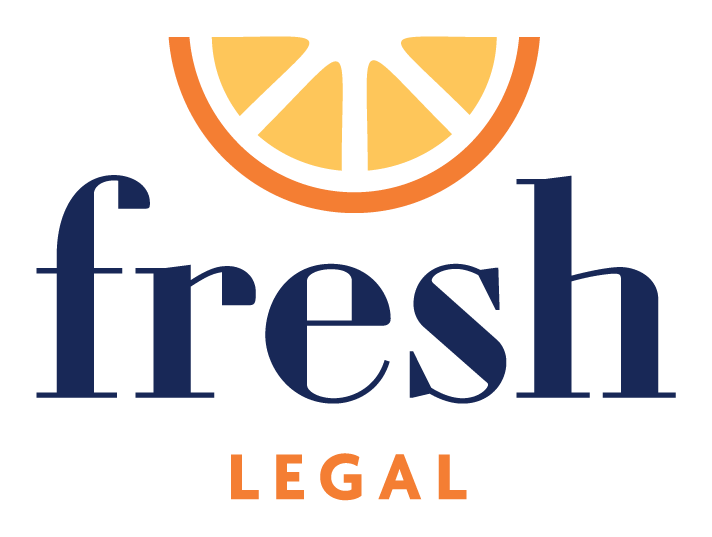How does the judge know what my child wants?
The best interests of the child prevail as the primary consideration in any custody or access dispute. This includes the views of the child at the heart of the matter if they can be reasonably ascertained. There are a number of ways to put the voice of the child before the court so their views and preferences can inform the judge’s final decision. In all cases, the voice of the child forms only part of the considerations of the judge determining the issue, and is not binding; only the court has the authority to make a decision.
Office of the Children’s Lawyer (OCL) (Courts of Justice Act, s. 112)
At the request of a judge, an OCL investigator or lawyer can become involved in your case. This option is publicly funded and will not cost the parties out-of-pocket, however, it is worth noting that the OCL may decline to become involved. The OCL interviews the child, the parties, and sometimes third parties, to generate a final report for the court.
OCL interviews are conducted on a number of days and in a variety of settings. The assessor generally has a wide scope and may also consider information from collateral sources such as school, daycare, police, and the Children’s Aid Society. They may also observe the child with the parties and visit the parties’ homes. If the OCL appoints an investigator, they may testify at a trial, but they do not provide expert evidence.
If the OCL appoints a lawyer, that lawyer independently represents the interests of the child who is the subject of the proceeding. They undertake a similar investigation but do not file a report.
Custody and Access Assessments (Children’s Law Reform Act, s. 30)
When there are clinical issues the court needs to understand, the judge has authority to order an expert assessment be completed by a mental health professional which is paid for by the parties.
In addition to serving as eyes and ears for the court, the assessor will also use their expertise to help the court understand the clinical issues in a case and how they influence the emotional and psychological stressors within the family unit. These assessments may involve psychological testing for the parties and the children.
The process can be quite invasive and expensive. As such it is necessary to consider whether the report will be of considerable help to the court before an assessment is requested or ordered. Assessors help the parties and the court understand the needs of the child and how best to respond.
Voice of the Child Report
These reports have existed in other jurisdictions for quite some time and are finally gaining popularity in Ontario. They are completed by a mental health professional who interviews the child and records their views in a manner that can be clearly communicated with the court. Since this is not as intrusive as an assessment and often only involves the child, the reports is typically less expensive than a custody and access assessment.
Judicial Interviews
Occasionally, a judge may wish to speak directly with a child to ascertain their views and preferences. The usefulness of judicial interviews is sometimes called into question regarding the quantity and quality of the information they yield. Sometimes, when children are questioned directly by the decision-maker, they may feel that their views are given more weight, and they can feel particularly vulnerable and unheard if the judge renders a decision contrary to their wishes.

